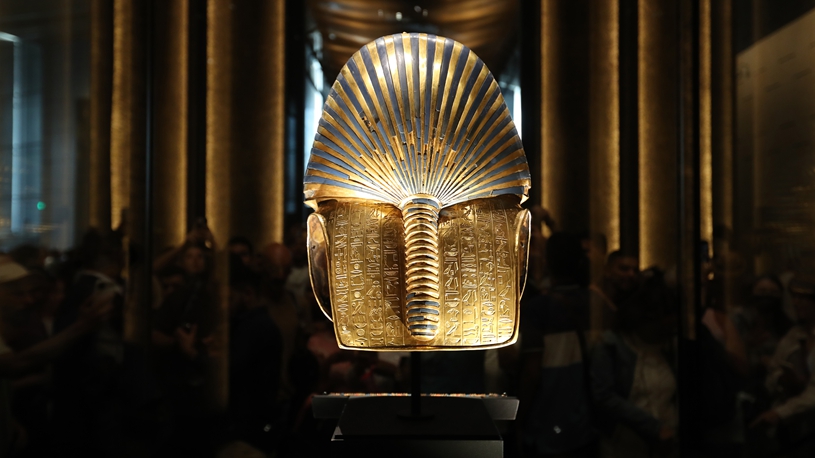German auto giants report profit slumps, blame U.S. tariffs
Source: Xinhua
Editor: huaxia
2025-11-06 03:20:15
The U.S. government raised tariffs on cars imported from the European Union by 25 percent in early April, putting German manufacturers under pressure. Although Washington and Brussels agreed in late July to lower the rate to 15 percent, the German Association of the Automotive Industry (VDA) said the new level remained punitive and warned of substantial long-term losses for the sector.
BERLIN, Nov. 5 (Xinhua) -- German automaker BMW said on Wednesday that U.S. tariff hikes have hurt its business, joining Volkswagen and Mercedes-Benz in warning of growing profit pressures from trade barriers.
According to BMW's quarterly report, the group's operating profit, or earnings before interest and taxes (EBIT), fell 16.2 percent year-on-year to 8.06 billion euros (9.25 billion U.S. dollars) in the first nine months.
The nine-month decline was less severe than in the first half of the year, when EBIT dropped 26.8 percent following the introduction of U.S. tariffs on European car imports. An apparent rebound in the third quarter partly offset earlier losses, largely due to a low comparison base a year earlier, when BMW faced high costs related to a major braking-system issue with suppliers.
BMW's global deliveries rose 2.4 percent from January to September, driven mainly by strong demand for electrified models. However, revenue declined 5.6 percent to around 100 billion euros, and net profit dropped to 5.7 billion euros.
Walter Mertl, member of BMW's Board of Management responsible for Finance, said tariffs reduced the EBIT margin in the automotive segment by around 1.75 percentage points in the third quarter, adding that the group expects a tariff-related headwind of 1.5 percentage points for the full year.
The automaker now forecasts its 2025 EBIT margin between 5 percent and 6 percent.
Mertl added that tariffs had also weighed on free cash flow, which is now expected to reach around 2.5 billion euros for the year, down from an earlier forecast of more than 5 billion euros.
The U.S. government raised tariffs on cars imported from the European Union by 25 percent in early April, putting German manufacturers under pressure. Although Washington and Brussels agreed in late July to lower the rate to 15 percent, the German Association of the Automotive Industry (VDA) said the new level remained punitive and warned of substantial long-term losses for the sector.
Before BMW's results, Germany's other two auto giants also reported lower nine-month profits last week, both citing the impact of U.S. tariffs.
Volkswagen, Europe's largest car manufacturer, posted an operating profit of 5.4 billion euros for the first three quarters, down 58 percent year-on-year, while car sales in North America fell 11 percent during the same period.
Chief Financial Officer and Chief Operating Officer Arno Antlitz said increased U.S. tariffs and the resulting negative volume effects burdened the group by up to 5 billion euros on a full-year basis, adding that "those effects will continue to persist."
Unlike its domestic peers, luxury brand Mercedes-Benz owns no manufacturing plants in the United States, making it more exposed to the punitive import duties. The company reported a net profit of 3.88 billion euros for the first nine months, down by half from a year earlier.
Mercedes said in its earnings report that U.S. tariff policy and other macroeconomic factors added to uncertainty over its business outlook. (1 euro = 1.15 U.S. dollar) ■













Comments